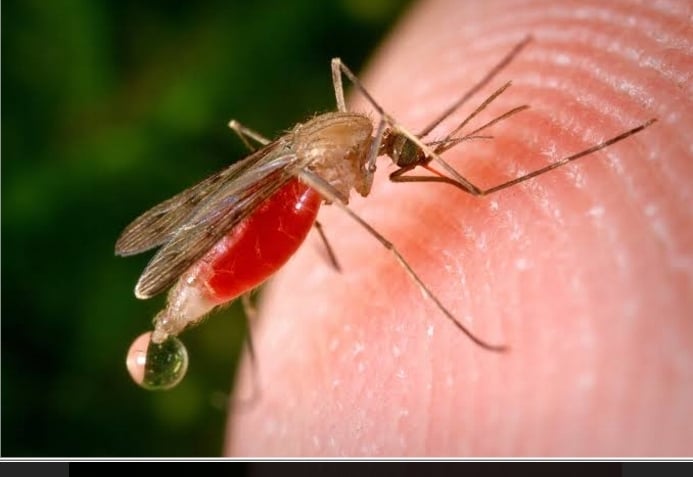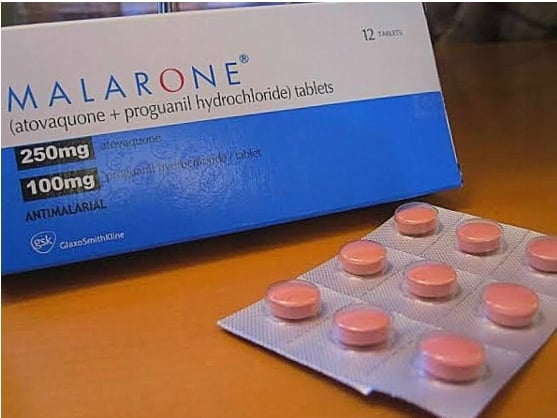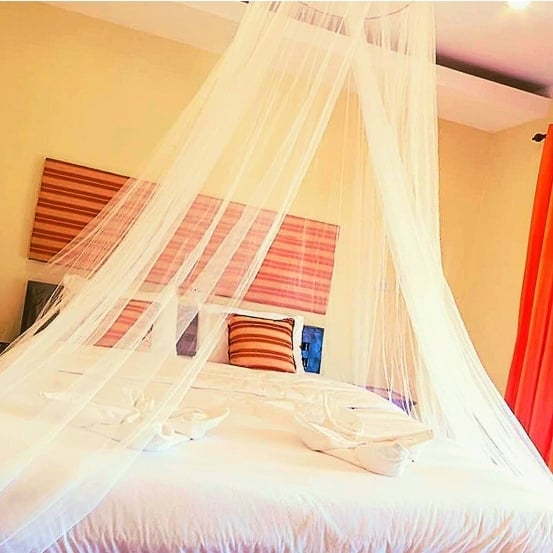Malaria in Zanzibar: Your Essential Guide


Understanding the Malaria Risk
The risk of malaria in Zanzibar has been significantly reduced. Effective malaria control measures, such as insecticide-treated bed nets, indoor residual spraying, and improved case management, have contributed to a very low prevalence of malaria in Zanzibar.

An Anopheles mosquito, a primary vector for malaria, feeding on human blood.
While Zanzibar has made significant strides in reducing malaria transmission, imported cases from mainland Tanzania can pose a risk to sustained local transmission. If you’re planning a trip to Zanzibar, it’s advisable to take precautionary measures against malaria, especially if you’ll be traveling to rural areas or spending time outdoors, particularly at night.
Prevalence and Risk Factors
Whilst Zanzibar has made significant strides in reducing malaria prevalence, the risk of transmission persists, particularly in certain regions and during specific seasons. Several factors contribute to this ongoing risk, including:
* Imported Cases: Imported cases from mainland Tanzania serve as a reservoir for the malaria parasite in Zanzibar, enabling its resurgence within the local population despite substantial progress in malaria control. This underscores the importance of travellers to Zanzibar taking preventive measures against malaria, particularly those arriving from regions where the disease is endemic.
* Residual Transmission: In certain regions, particularly those characterized by remoteness or underdevelopment, low-level malaria transmission may persist. This lingering presence of the parasite, even amidst the broader decline in cases, presents a significant challenge to the complete eradication of malaria in Zanzibar. Areas with limited access to healthcare and control measures are particularly vulnerable to residual transmission, hindering the achievement of a malaria-free Zanzibar.
* Seasonal Variations: This significantly influence malaria transmission in Zanzibar. The rainy season, characterized by heightened rainfall, provides ideal breeding grounds for mosquitoes, resulting in increased populations and a heightened risk of malaria transmission. Conversely, the dry season generally witnesses a decline in mosquito populations, mitigating the risk of malaria. Nevertheless, the persistence of imported cases can contribute to ongoing transmission even during the drier months.
Preventive Measures
To minimize your risk of contracting malaria, consider the following strategies:
* Antimalarial Medication: Consult with your healthcare provider to determine the most appropriate antimalarial medication based on your travel itinerary and personal health factors. Options may include chloroquine, mefloquine, atovaquone-proguanil (Malarone), or doxycycline.

A package of Malarone antimalaria medication. The package contains 12 pink tablets, each containing 250 mg of atovaquone and 100 mg of proguanil hydrochloride.
* Mosquito Repellent: Apply insect repellent containing DEET or other effective ingredients to your skin and clothing.
* Protective Clothing: Wear long-sleeved shirts, long pants, and socks, especially during dawn and dusk when mosquitoes are most active.
* Bed Nets: Sleep under insecticide-treated bed nets to protect yourself from mosquito bites while indoors.
* Avoid Mosquito-Prone Areas: Be mindful of areas with stagnant water, such as swamps, ponds, and rice paddies, as these can be breeding grounds for mosquitoes.

A white mosquito net drapes over a bed providing protection against malaria-carrying mosquitoes.
Additional Precautions
· Stay Informed: Keep up-to-date with the latest health advisories from the World Health Organization (WHO) and local health authorities.
· Travel Insurance: Consider purchasing travel insurance that covers medical expenses, including potential malaria treatment.
· Pack Essential Medications: Bring a supply of any prescription medications you need, along with a copy of your prescription.
Recognizing Malaria Symptoms
If you experience any of the following symptoms, seek medical attention immediately:
· Fever
· Chills
· Sweating
· Headache
· Muscle aches
· Nausea and vomiting
· Diarrhoea
To Wrap it Up
While Zanzibar has made significant progress in malaria control, travellers should remain vigilant and take appropriate precautions to minimize their risk of infection. By understanding the potential risks, implementing preventive measures, and seeking medical attention promptly if necessary, you can enjoy a safe and memorable trip to this beautiful island.
Note: This article provides general information about malaria prevention in Zanzibar. For personalized advice, consult with a healthcare professional or a travel medicine specialist.



